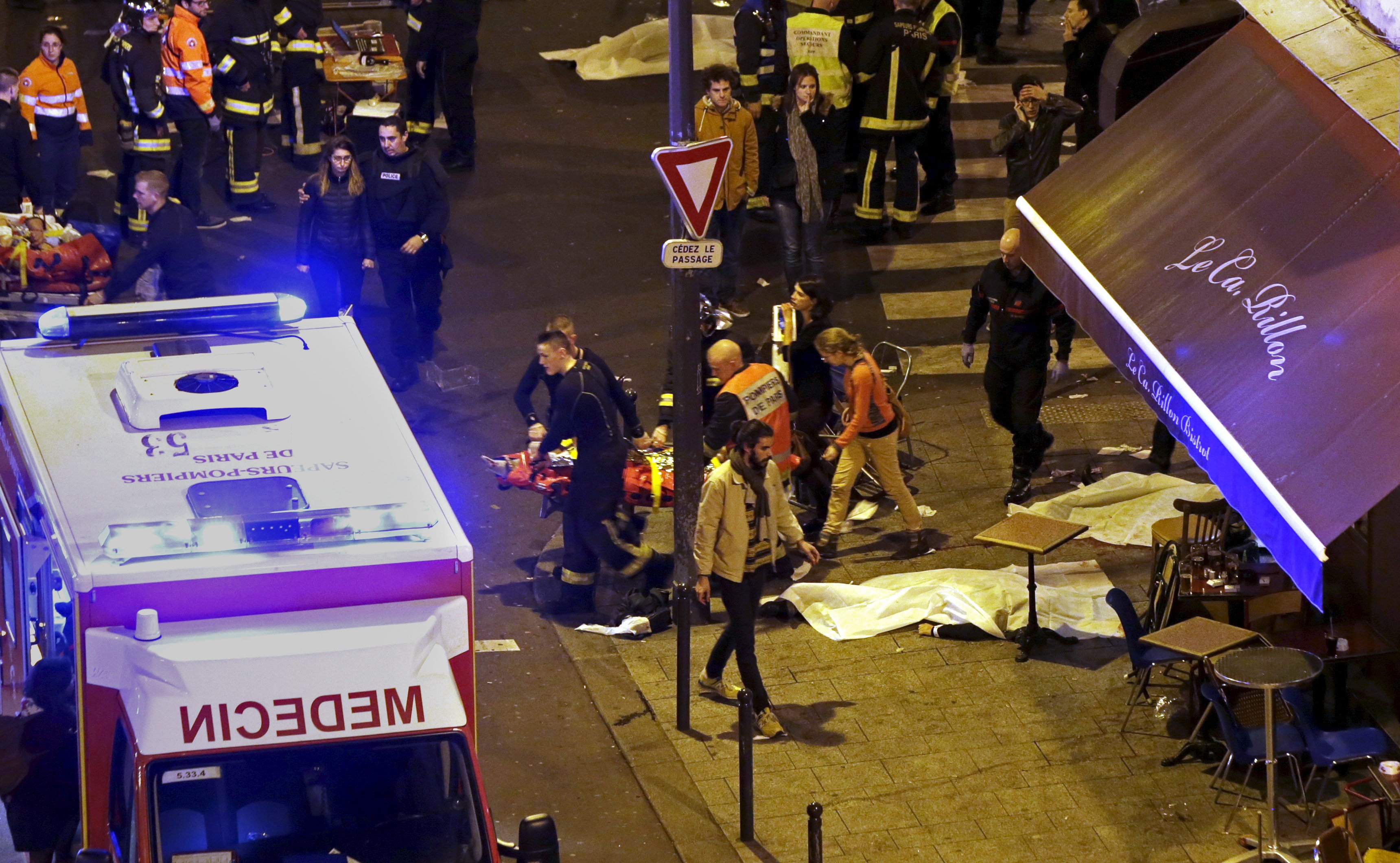Photo Credit: juergensmeyer.org
The recent attacks in Paris sent shockwaves throughout the world as ISIS claimed responsibility on Saturday. With this, questions have been raised about the implications surrounding the attacks and what to do in response.
“By and large, ISIS has been focused on territoriality,” said Dr. Howard Eissenstat, a professor in the History department, commenting on how the attack was unusual for ISIS. “Such attacks they have engaged in have largely been regional. They have focused on destabilizing neighbors and creating opportunities for expansion.”
The attacks represent something more than the attacks that Paris faced earlier this year said Dr. Ronnie Olseker, a government professor. “You have eight assailants instead of two or three,” Olseker said, saying the earlier attacks were more of the lone wolf variety. “This attack looks a lot more like an al Qaeda tactical operation.”
Another question is why was Paris the target? Both experts say the main answer is easy access. “The borders are very open throughout Europe,” said Olseker.
Olseker went on to say that France in particular has a serious problem with a marginalized Muslim population. “Outside of Paris, there are slums of people who are citizens who lack education, lack access to any government resources and lack any job opportunity.” Olseker went on to say that these people then become angry and easily disillusioned at the fact that they really have no prospects for their life.
Finally, the openness of French society also helped contribute to it being an easy target says Olseker. “The amount of security you would experience in London, you will see a fundamental difference in Paris,” said Olseker.
The biggest question facing the Western world now is what to do with the threat that ISIS presents. Both experts say that there are solutions to the ISIS problem; however, there is no right answer. What both experts agree upon is there must be something done about the Syrian Civil War, citing the lack of a response from the U.S.
“The idea that we can accept Assad regaining control is absurd,” said Eissenstat. However, Eissenstat fears that Assad will not be going anywhere anytime soon. Along with being backed by Iran and Russia, Eissenstat pointed out that Assad “represents a significant and important minority of the Syrian population that needs its own rights protected.”
With many questions still left unanswered, the recent Paris attacks once again remind the West that ISIS is a serious player in world terror and that something needs to be done. However, what that something is still remains the toughest obstacle.



